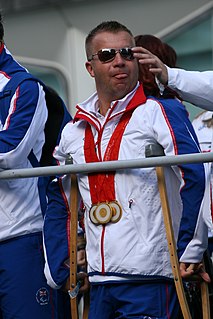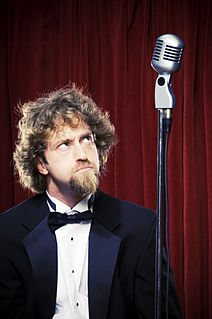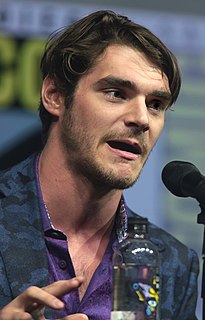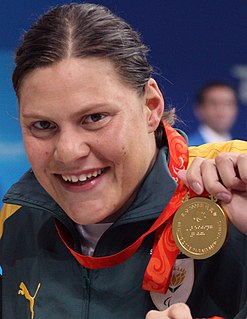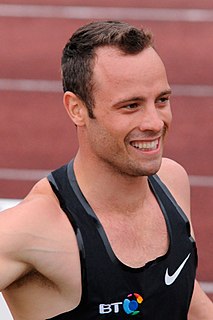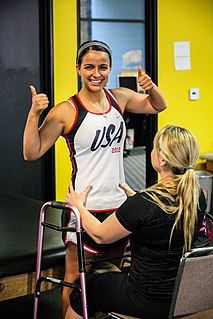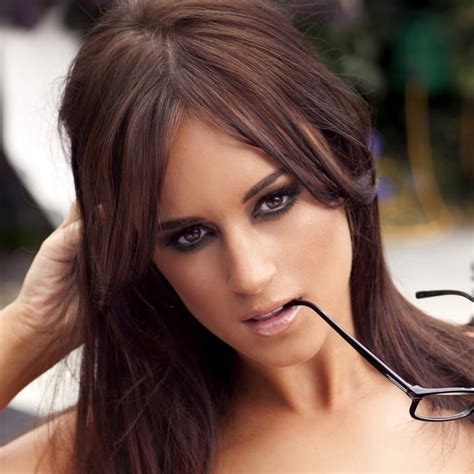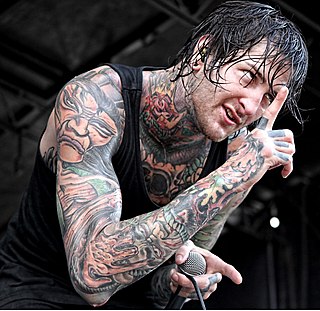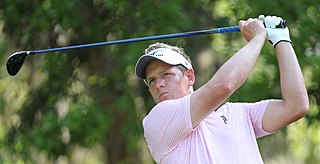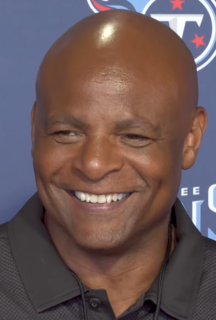Цитата Ли Пирсона
У нас есть фактор способности, и то, что мы делаем, я думаю, вдохновляет людей просто стараться немного усерднее, независимо от того, здоровы они или инвалиды.
Связанные цитаты
Я думаю, что просто иметь дар и иметь возможность делать что-то творческое, нравиться людям и получать от этого удовольствие... Я нахожусь здесь в очень, очень крутом месте. Многие люди пытаются это сделать и могут добиться небольшого успеха, но нам повезло. Мы возьмем это и постараемся зайти так далеко, как сможем, и просто сделаем все, что в наших силах.
Последние несколько лет я занимался Ближним Востоком, и это сложное решение, поехать ли туда и попробовать сыграть в некоторых турнирах в качестве участника Европейского тура, в этом году я думаю, что в целом, глядя на мои результаты, я играл немного немного лучше на Западном побережье, чем на Ближнем Востоке, так что это стало еще одним определяющим фактором для моего возвращения сюда на мероприятие, которое я имел некоторый успех в прошлом.
Настроения тех, кто предлагает объединить Олимпийские и Паралимпийские игры, несомненно, имеют благие намерения. Но это также перекликается с мифом о том, что люди с ограниченными возможностями хотят быть другими, а не теми, кто мы есть, — что мы не хотим ничего, кроме того, чтобы нас «допустили» к здоровым конкурентам.
Я начал шутить пожестче раньше всех. И продюсеры забеспокоились. Они говорили: «Это немного резко, не так ли?» И я говорил: «Давайте просто попробуем и посмотрим, как отреагирует публика». Если им это не нравится, давайте вырежем». И публика захохотала, так что я узнал, что можно делать более жесткий юмор, и людям это нравилось.
